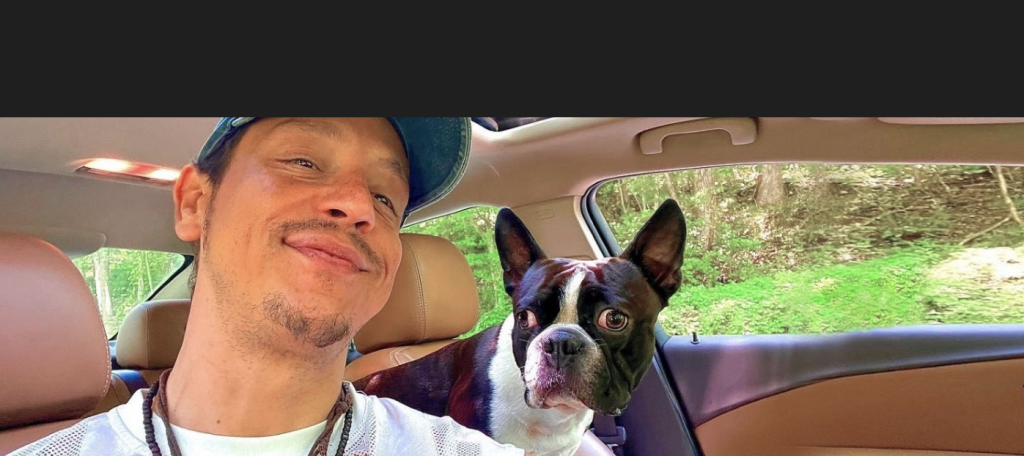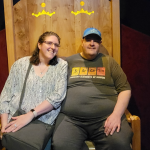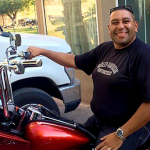Rewinding the Clock: Marcelo Makes the Most of His Days by Making Up for the Ones He Lost
The expression “making up for lost time” is used in many different situations. Buckets lists. To-do lists. Rekindled friendships and long-lost loves.
But what if you spent decades of your life – from childhood in adulthood – feeling sick, and unable to live a fulfilling life? And what if, after living that way all those years, you suddenly found something that could help you feel better, be more independent, and enjoy the things you’d been missing?
This is a quick glimpse into the life of Marcelo*, a 35-year-old home hemodialysis patient from North Carolina doing everything in his power to make up for the time he lost to end stage renal disease.
Marcelo started his life like most kids. He was happy and healthy, enjoyed playing with his cousins, and attended grade school in his home city of Chicago. At 10-years old he got sick and went to his doctor to figure out what was going on. After some testing, they found blood and protein in his urine and immediately ordered a biopsy. Then, a short time later, on his eleventh birthday, he was diagnosed with Focal Segmental glomerulosclerosis (FSGS).
“You don’t know what to think in the beginning,” Marcelo recalls. “Suddenly all of your faith is put into the hands of these doctors. No one else in my family had these problems. It was a whole new world.”
FSGS is a disease that causes scar tissue build-up on the kidneys and can permanently impair their function. When Marcelo was 13 it was determined that his kidney function had declined and was now at a point where a decision had to be made, receive a transplant or start dialysis. That’s when Marcelo’s mother offered her own kidney.
“My mother was my hero,” says Marcelo. “She gave me life twice. She said, ‘I’ll give him one of my kidneys and hopefully this will just all be a memory.’”
Sadly the kidney Marcelo received only lasted around 6 months, once again due to complications from FSGS and he had to start dialysis. First it was peritoneal dialysis (PD), which was effective but left Marcelo with what felt like almost no time for himself.
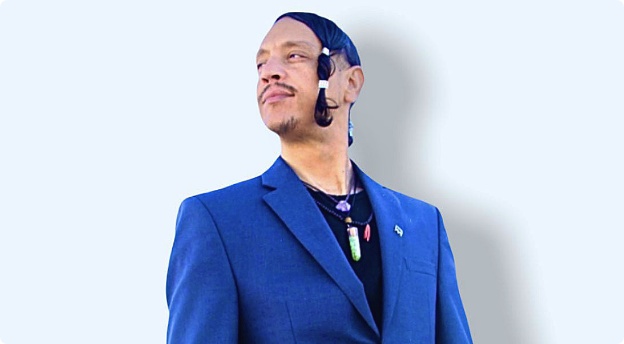
“Back then the machines were different, and I had to dialyze up to 12 hours straight,” Marcelo explains. “That was my life for three years. I felt like no one was going through what I was going through. I felt alone for a very long time.”
In his late teens, Marcelo learned he could not continue PD and doctors prescribed in-center hemodialysis (ICHD) as the only alternative. That began a 16-year journey as an in-center patient. During that time, Marcelo experienced other health problems that almost turned deadly. And even though dialysis therapy kept him alive, he saw it as taking away from his quality of life.
“It was almost like I was sentenced to dialysis,” Marcelo says. “For 16 years it was a Monday therapy session, and then I’d feel tired all day and into Tuesday. When I felt somewhat OK, I’d go out for a walk or something, but the next day I had to start all over again. It felt like dialysis, dialysis, dialysis, nonstop. I was so depressed and on all kinds of medications and antidepressants, just trying to cope.”
It wasn’t until his thirties that Marcelo learned of another alternative to ICHD. A nurse at his clinic began telling him about more frequent home hemodialysis. Marcelo was in a dark place, and he needed a change, so he decided to try it. After his training was complete, he was able to do his therapy at home for the first time in decades.
“I could give you a whole Christmas list of the benefits of HHD I’ve experienced,” says Marcelo excitedly. “For one, I actually feel somewhat normal, like myself again. And the freedom to do it when you choose is priceless! I also have more energy, and I don’t have that fluid overload feeing anymore. In older photos, I looked like a shadow of myself, and it felt that way too. Now I look in the mirror and I have this long hair, and glowing skin, it’s like I’m thriving.”
In addition to the physical changes Marcelo has seen and felt, he’s found several ways to make up for all those lost years. Since starting on HHD he has taken his NxStage machine to Disney World, Nashville, North Carolina, and Pennsylvania. He hosts a kidney health-based radio show on iHeart Radio and has an established presence on social media. He’s learning to play ukulele, writing a book, and is certified in yoga and meditation instruction. He also has a new best friend – a Boston Terrier named Benjamin!
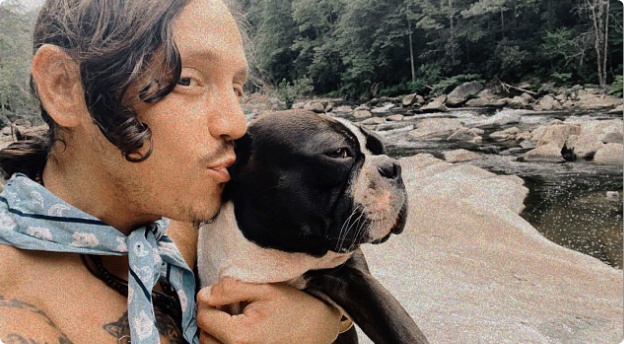
“He’s the love of my life,” Marcelo exclaims. “He’s such a good boy! We go on adventures to the beach and the mountains, and everybody loves him.”
More than anything, Marcelo wants to help people around him – especially those living with kidney disease – to live their best life. He trained to be a kidney health and wellness coach with the American Kidney Fund, is a National Kidney Foundation ambassador, a NxStage Patient Advocate, and started his own wellness web site.
“My thing is I’ve learned so much over the years, and if I know I can help somebody by sharing, I want to do just that,” Marcelo explains. “Honestly I just feel like there’s so many people out there who are hurting and suffering, and if somebody can hate for no reason, then I can love for no reason.”
As part of his mission to share his story with others, Marcelo spreads the word about more frequent HHD on a NxStage system as much as possible. When he meets someone who is nervous about trying a new therapy, he helps them consider the life they have, and also the life they want to have.
“I ask them where they see themselves in 3 to 5 years,” says Marcelo. “Because in my opinion ICHD doesn’t get easier, it gets harder. But with more frequent therapy at home, I can really feel the difference! I tell everybody, ‘See this dialysis chair you’re in right now? If you choose to do home and it doesn’t work out, this chair will still be here.’ It’s worth a try to get your life back.”
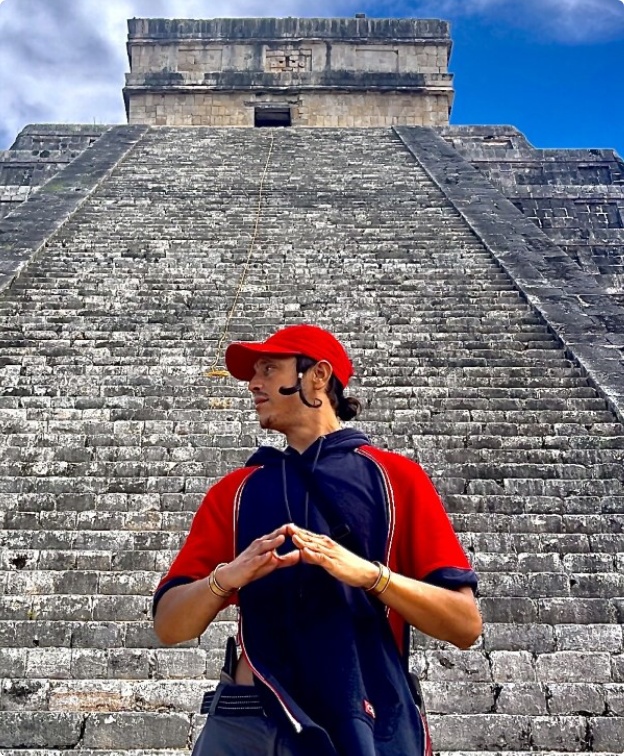
Not all patients may experience these benefits.
*Marcelo is a NxStage Patient Advocate

